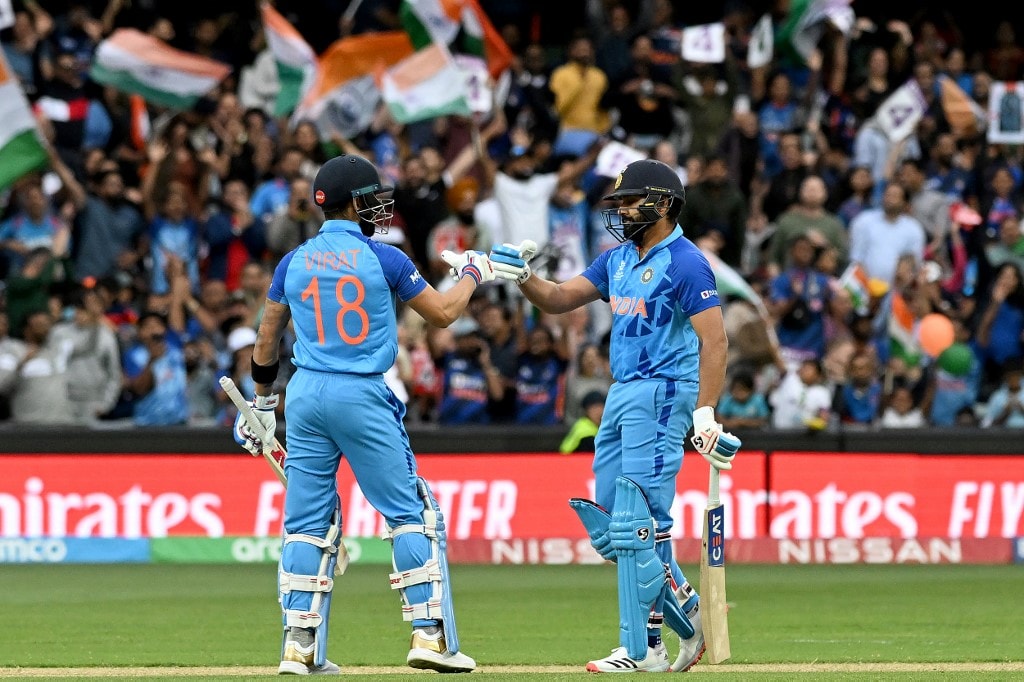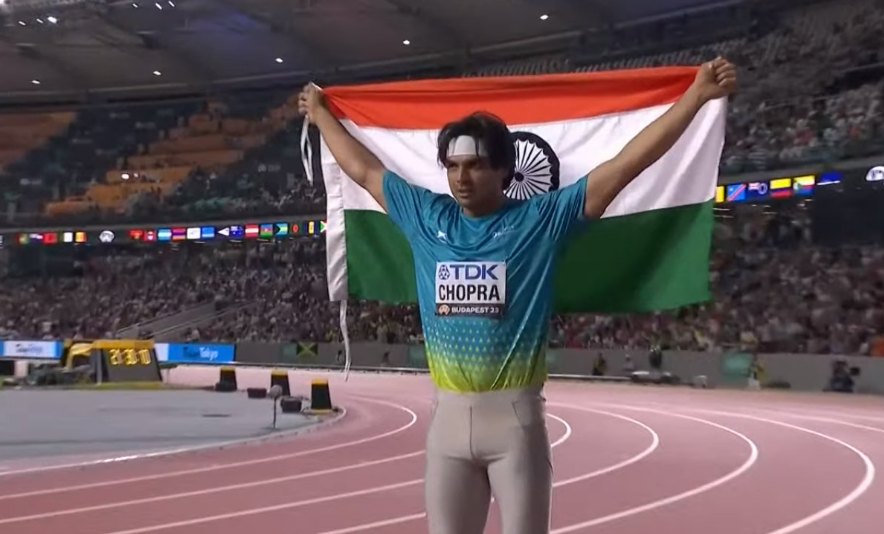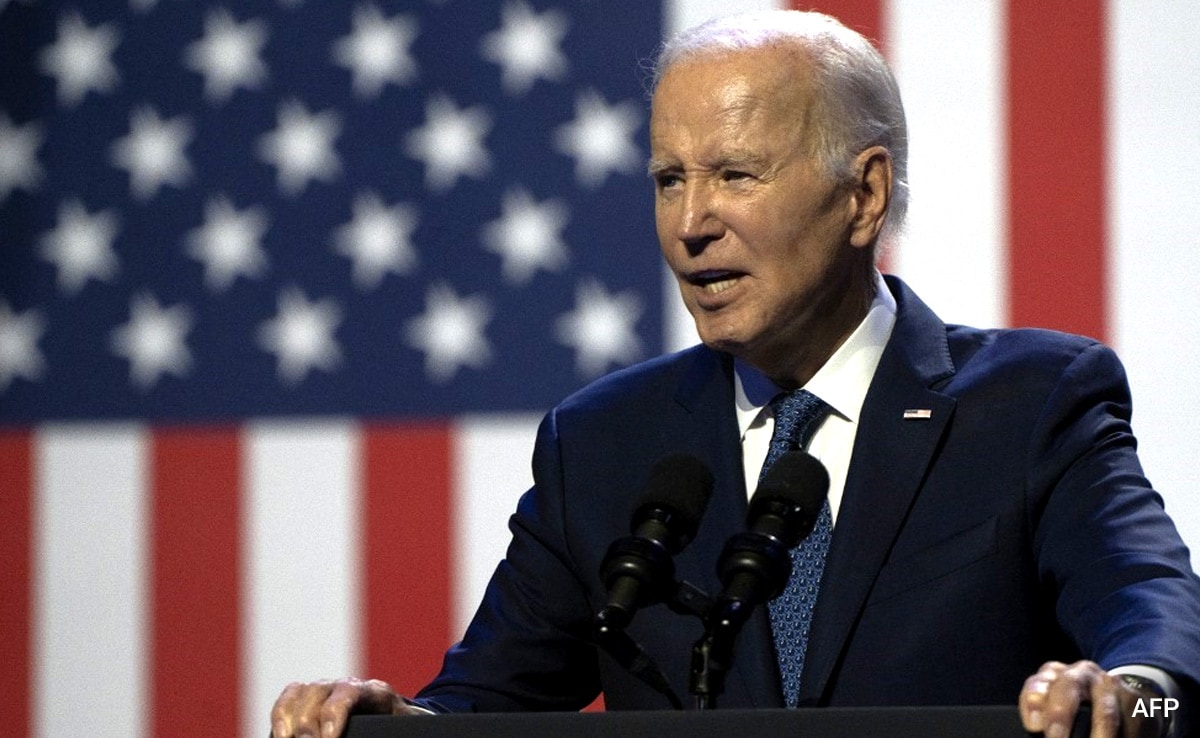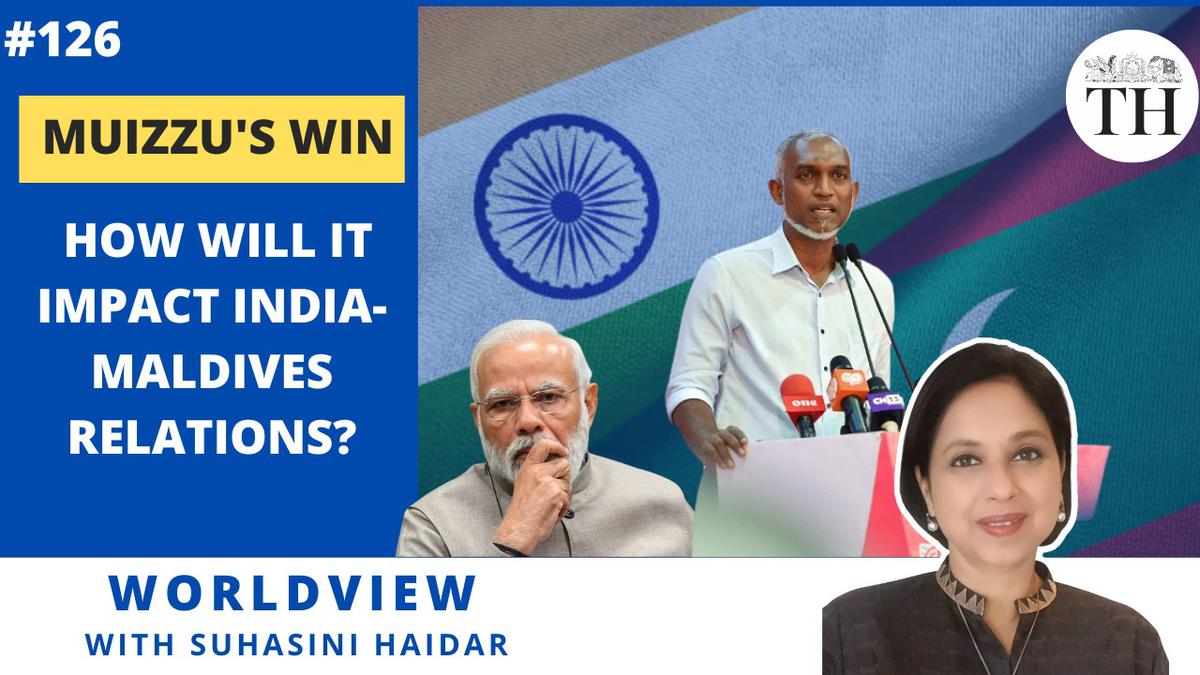People’s National Congress (PNC) candidate Mohamed Muizzu casts his ballot at a polling station during the second round of Maldives’ presidential election in Male on September 30, 2023. The Maldives began voting on September 30 to decide their next president in a referendum on whether to hitch their fortunes to China or India, both vying for influence in the tropical paradise. (Photo by Mohamed Afrah / AFP)
| Photo Credit: MOHAMED AFRAH
Maldivians were voting on September 30 in the run-off presidential election which has turned into a virtual referendum on which regional power — India or China — will have the biggest influence in the Indian Ocean archipelago nation.
Neither main opposition candidate Mohamed Muizzu nor incumbent President Ibrahim Mohamed Solih got more than 50% in the first round of voting earlier in September, triggering a runoff election. Mr. Solih, who was first elected president in 2018, is battling allegations by Mr. Muizzu that he had allowed India an unchecked presence in the country. Mr. Muizzu’s party, the People’s National Congress, is viewed as heavily pro-China.
Mr. Muizzu secured a surprise lead with more than 46% of votes in the first round, while Mr. Solih secured 39% votes.
Abdullah Yameen, leader of the People’s National Congress, made the Maldives a part of China’s Belt and Road initiative during his presidency 2013 to 2018. The initiative is meant to build railroads, ports and highways to expand trade — and China’s influence — across Asia, Africa and Europe.
The Maldives is made up of 1,200 coral islands in the Indian Ocean located by the main shipping route between the East and the West.
Mr. Muizzu promised that if he won the Presidency, he would remove Indian troops stationed in the Maldives and balance the country’s trade relations, which he said were heavily in India’s favor.
There are more than 2,82,000 eligible voters and the runoff result is expected Sunday.


